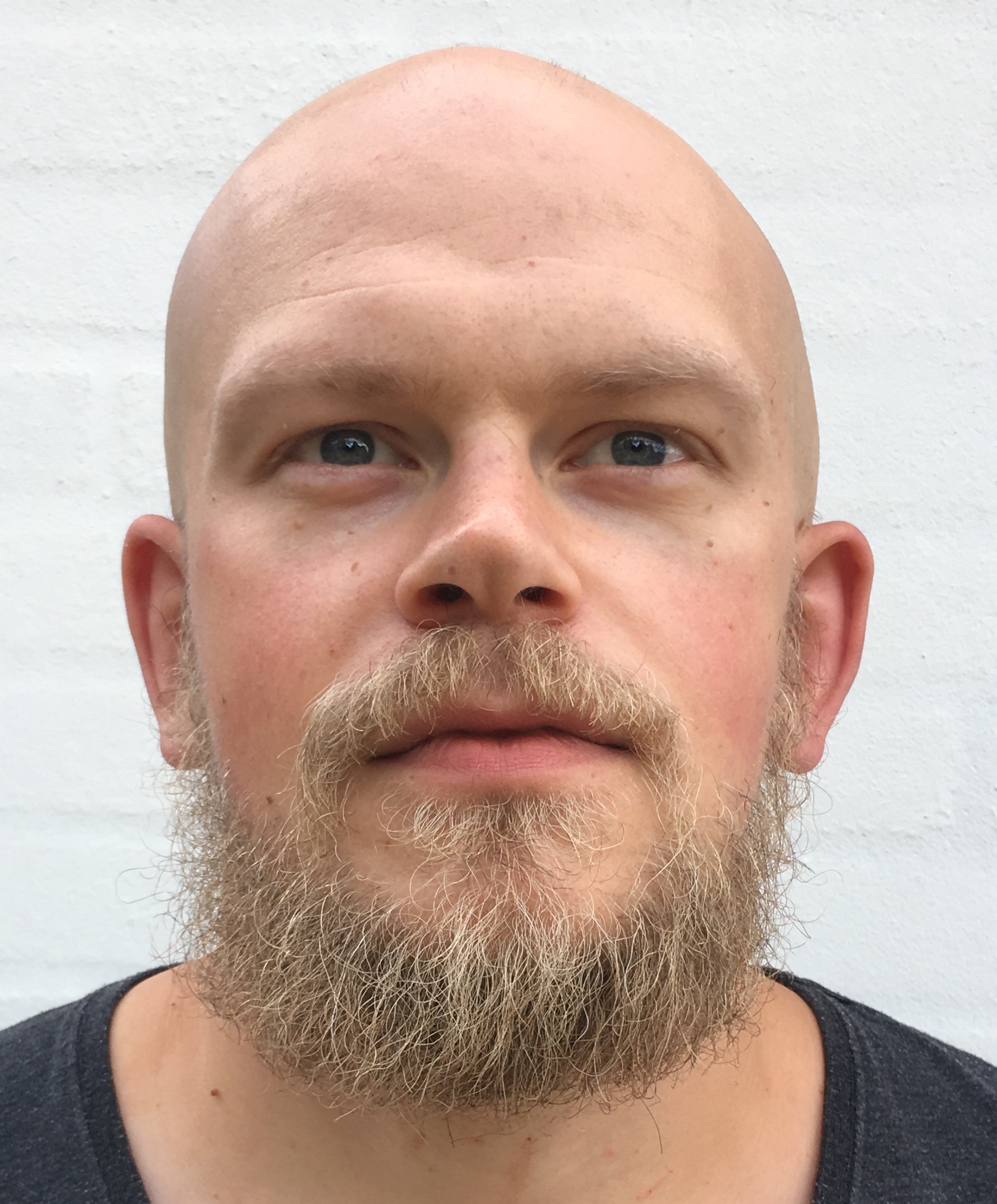When did social workers become timid?
I’ve been working with the mentally atypical and disabled for quite nearly two decades. In this time, I’ve developed a feeling. A sense of discomfort, discontent, unease. It was not until recently, when I was assigned an article by Søren Langager, that I could articulate my worries.
Langager posits that, in keeping with changing societal discourse concerning welfare, citizenship and integration, the attitudes toward working with the disabled has shifted. Instead of a duty to ensure development and progress, the pedagogical[^spec] approach is characterized by avoidance of discomfort and timidity. Which should strike the pedagogically educated oddly. Surely, pedagogy is in it’s nature transformative and progressive. Or, at least it should be.
Langager pounces on neuropedagogy as an example of a language of development that is transmogrified into a practice in timidity1. By using terms such as ‘meeting them on their own terms’, practitioners turn to avoiding situations that seem to cause strews or discomfort in their charges. But surely, change can be uncomfortable, stressful and discomfiting - even positive change?
Of course, this is not a clear cut dichotomy. I have examples from practice of an understanding of a citizens particular challenges resulting in careful guidance through a stressful transition2 - as well as ‘professional’ timidity in the name of conflict avoidance.
And I would also posit that, while pedagogy is by nature transformative, the range and scope of the change sought effected is not necessarily great. Being able to sleep soundly through the night. Successfully transitioning from leisure to enjoyable activity. For the neurotypical mind, this discomfiture is managed through a process called ‘growing up’, facilitated by ‘parents’ or other primary caregivers.
For the developmentally atypical, a small change — even a change of environment — can seem insurmountable; the threshold of the unknown a vast and terrible thing. Sometimes, a calm and guiding force can ease this great uncertainty, lending strength and surety. But here, I think, we arrive at the crux of the matter: the caregiver must accept the uneven power balance, and, in the immortal words of Uncle Ben, recognize the great responsibility it is to act on behalf of and for the benefit of another3.
Without being cognizant of our power and responsibility, and using them to enact change in the world, social workers risk becoming timorous and cowering.
This should not be the actions of my profession, such as it is.
-
For a diatribe (in Danish) regarding my thoughts on “neuropedagogy” as a panacea, see essay 2 of this assignment for AU. Spoiler: I am unconvinced. ↩
-
A transition from a common pasttime to a truly enjoyable one. A transition that often was fraught, volatile and even violent. But worth it to see the expression of pride and contentment after a successful quest. ↩
